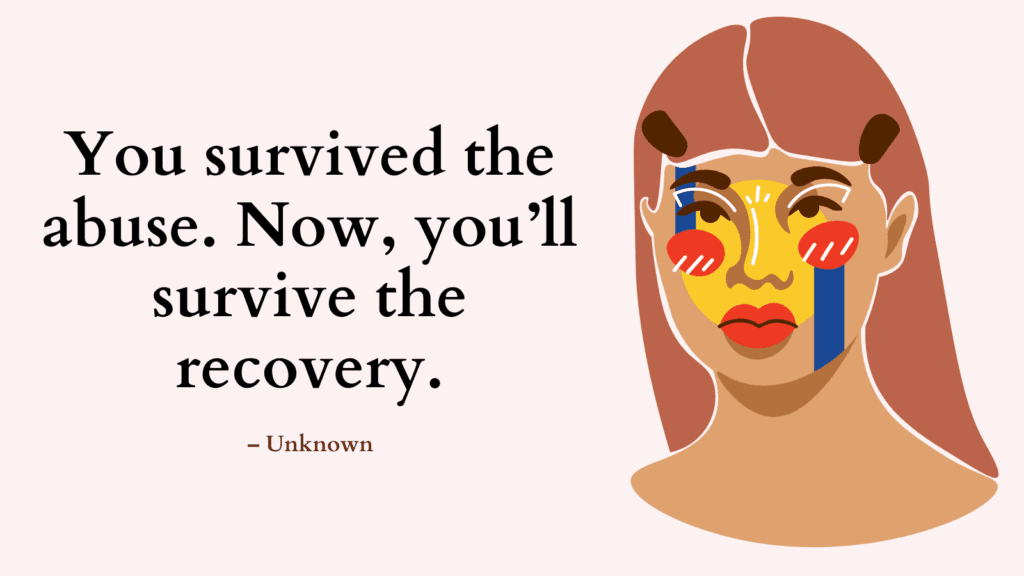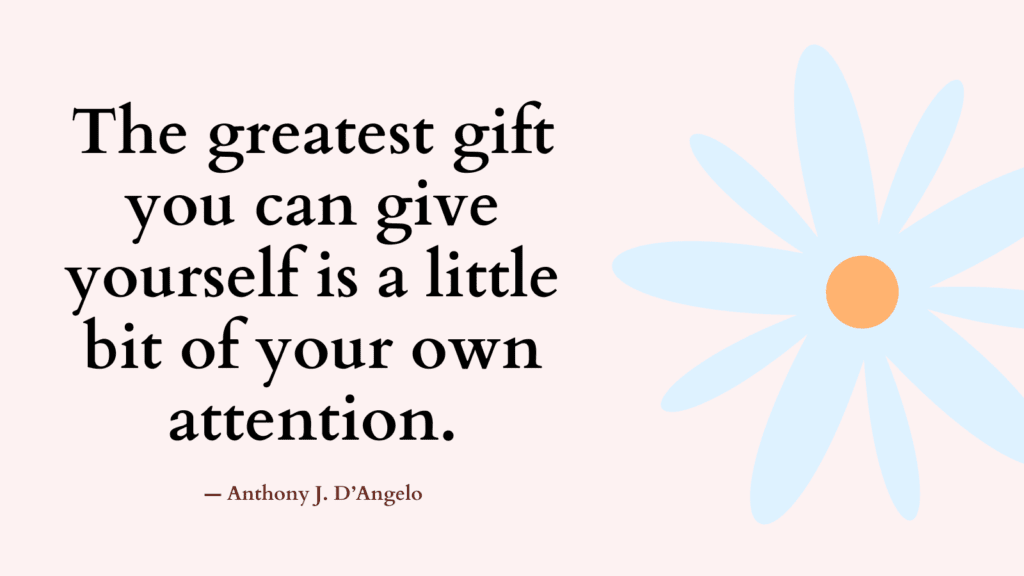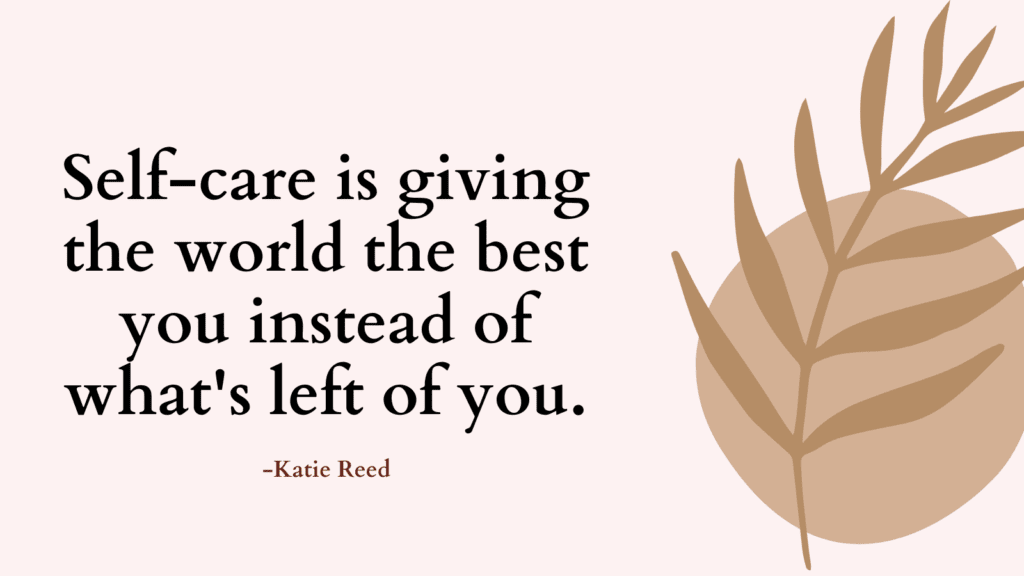This post contains Am I being verbally abused Quiz to help you recognize verbal abuse and begin your healing journey.
Am I Being Verbally Abused Quiz
Verbal abuse is more than hurtful words, the following questions represent common signs of verbal abuse:
Results
#1. Do they often say hurtful words or withhold positive words?
#2. Do you often feel confused and hurt by their words, even though you can’t always quite put their finger on why?
#3. Do they often blame you for their own actions?
#4. Do they almost never take responsibility for their own words and actions?
#5. Are they using their hurtful words and actions to try to maintain control over you?
We will not sell your information. All results are kept confidential.
This quiz is for informational purposes only. It is not meant as a diagnostic or assessment tool.
Results
The questions above represent common signs of verbal abuse. If you answered yes to some of these questions, then you might be verbally abused.
If you have been verbally abused, you must know that you are not responsible for anyone’s abuse of you.
You didn’t make it happen to you because abuse is not about you.
You must also know that verbal abuse is a lie told to you, about you.
Related: Healing From Emotional Abuse In 12 Practical Steps
Validating Your Experience
Verbal abuse often goes undetected. Sometimes, it’s all the person being abused has known.
Thus when the person discovers that there is a name for their experience, they find validation.
Following are some of the feelings people who have been verbally abused share. If you recognize these feelings, your feelings are validating your experience.
1. Feelings of Grief
If you have been the target of verbal abuse, you may experience grief around the loss of what you thought the abuser was and everything else you lost because of the abuse: your self-esteem, the opportunities you missed on because you didn’t feel good enough, etc.
Related: Best 21 Grief Journaling Prompts (+FREE Grief Worksheets PDF)
2. Feeling Confused and Brainwashed
If you’ve been the target of verbal abuse, you may have been told that you are who you have known yourself to be in a way that breaks down your identity.
For instance, you may have been told that you “don’t care” even though you know you do and are doing everything you can to show that you care.
Over time, you may have sought relief from your confusion, by trying harder to please and complying with the abuser.
Related: Am I Being Gaslighted Quiz (& How To Recover From Gaslighting In 10 Steps)
3. Feelings of Guilt and Shame
If you’ve been receiving constant criticism that implied that you are inadequate, aren’t good enough, or that you should do better, you may have begun to feel guilt and even shame.
Guilt vs. Shame
Guilt is the feeling you get when you do something wrong, or perceive that you did something wrong. Guilt is about action.
Shame is the feeling that your whole self is wrong. Shame is about character.
When you believe the negative, demeaning, or critical comments the abuser made about you, you internalize their words and accept them as if they were true.
Related: Top 10 Signs Of Toxic Shame In A Person (+Best 20 Healing Shame Exercises)
4. Feeling Betrayed
Realizing that the person who promised and claimed to love you have been abusing you may make you feel deceived and betrayed.
Related: Betrayal Blindness – What Is It & How To Overcome It?
5. Feelings Afraid
If you are with someone you fear because he is verbally or physically abusive, don’t try to get them to see what they’re doing.
Instead, call local domestic violence prevention program or the national domestic violence hotline for help.
National Domestic Violence Hotline for the United States and Canada: 1-800-799-SAFE.

Conclusion
Verbal abuse can begin anytime—in childhood, or in an adult relationship.
It can be perpetrated by someone with or without malevolent motives.
Some perpetrators are simply reacting to inner wounds generated in their own childhoods.
If you were verbally abused, you must know that it’s not about you and that you did nothing to cause it.
What’s Next? Covert Verbal Abuse: What Is It & How To Recover From Verbal Abuse
References
- Portions of this article were adapted from the book Victory Over Verbal Abuse, © 2011 by Patricia Evans. All rights reserved.







